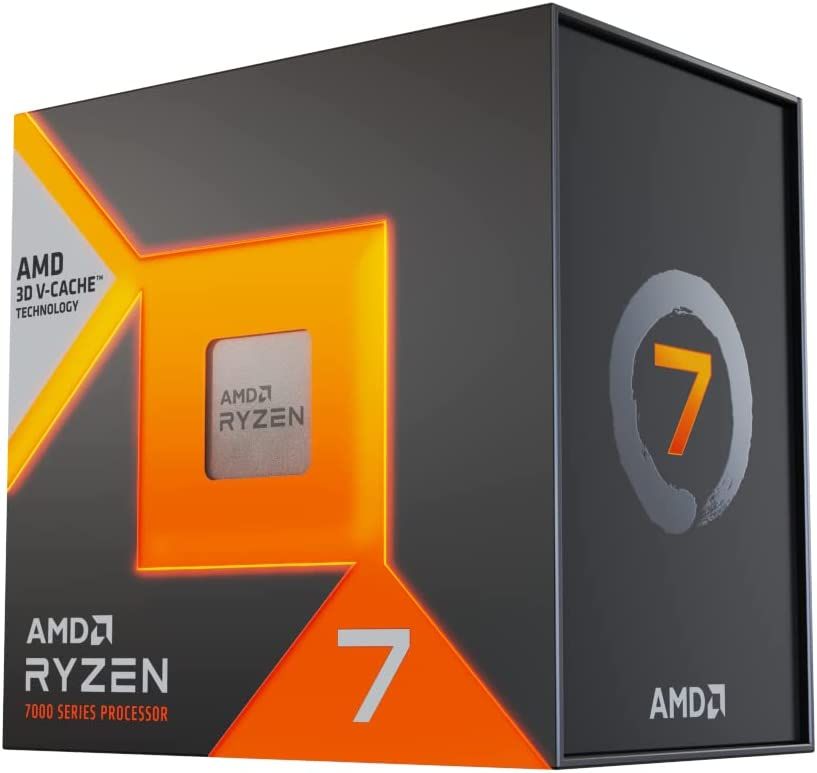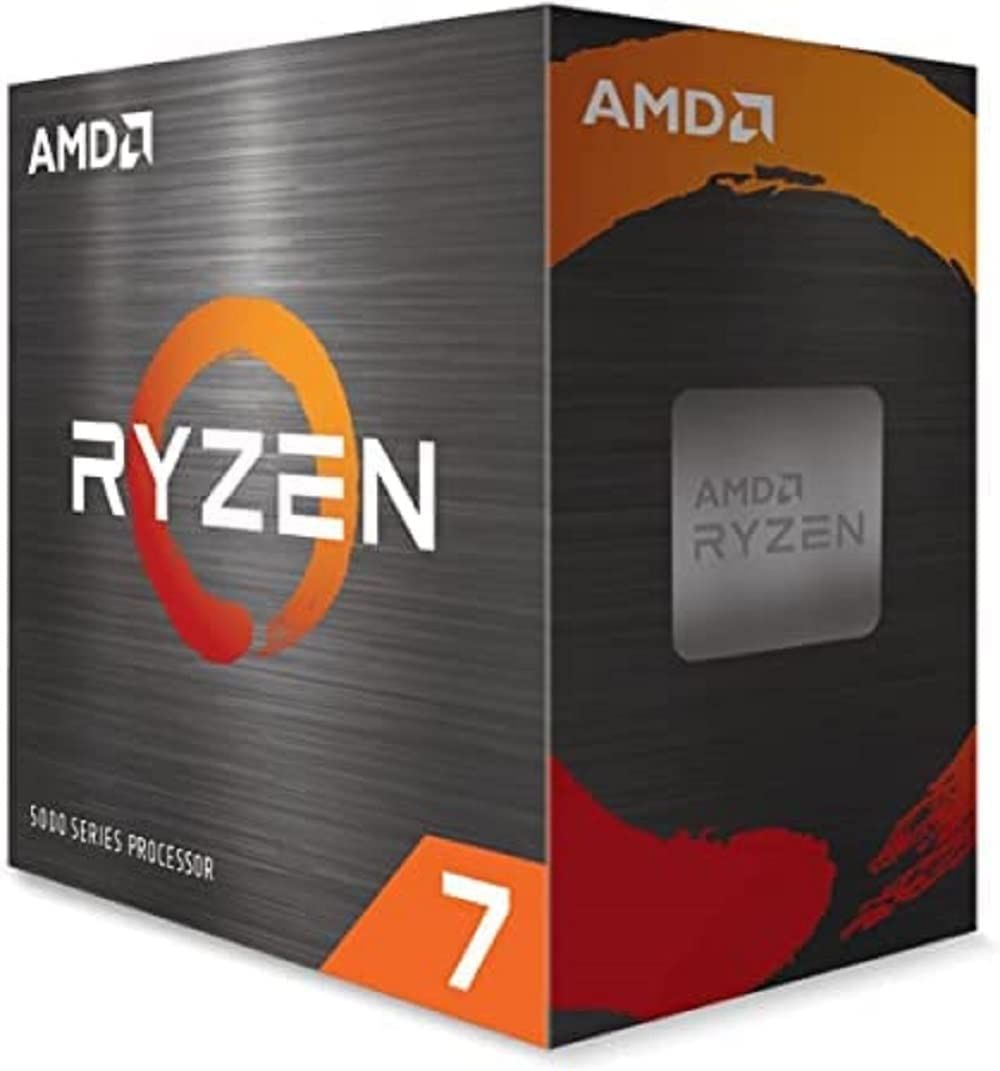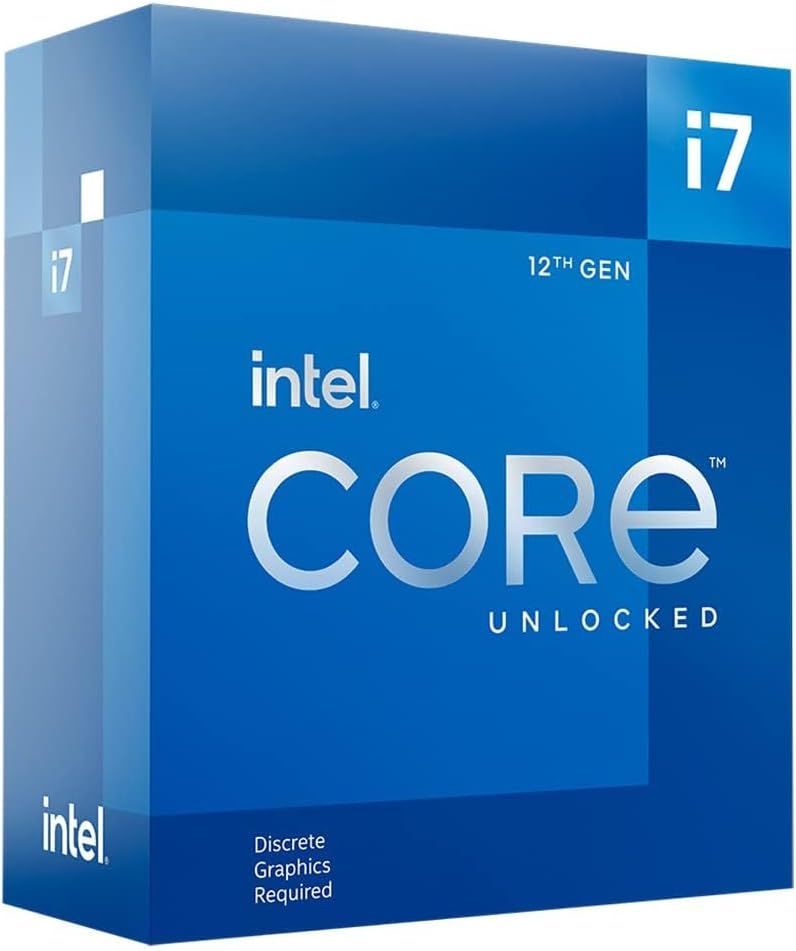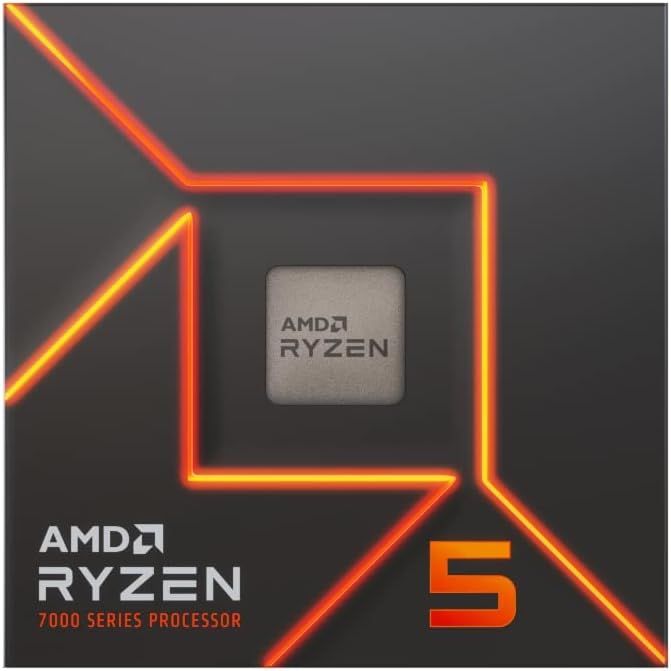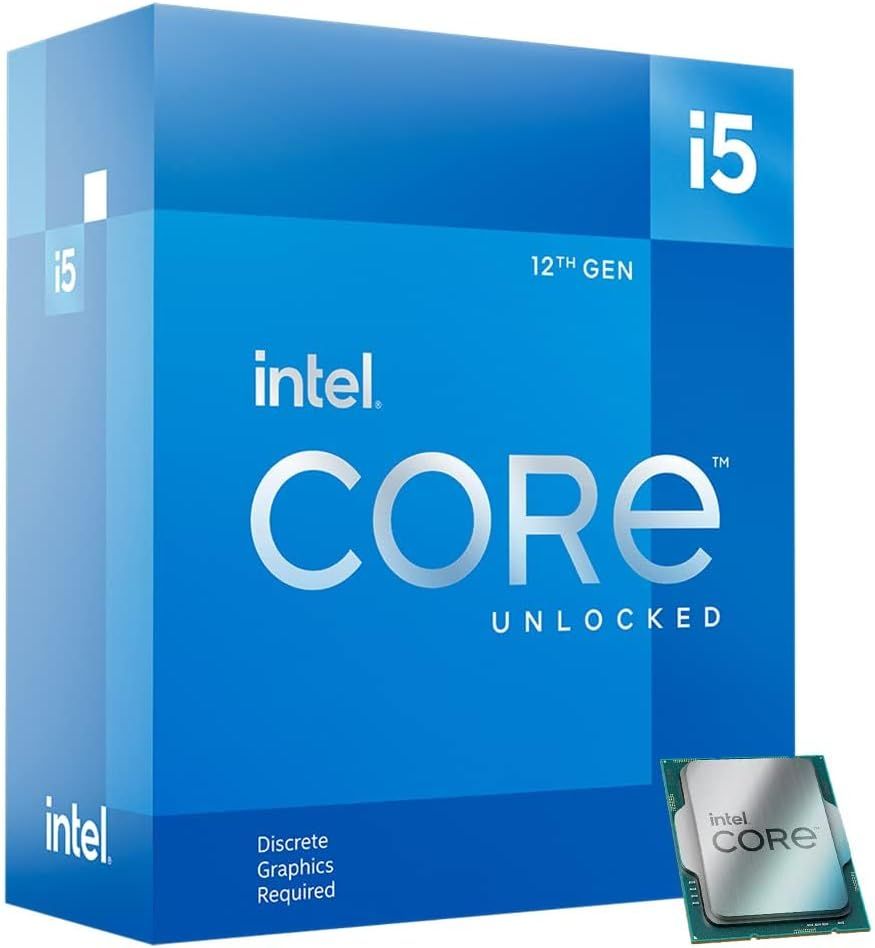With the rapid changes in the CPU market, some CPUs take over others to become one of the best-selling processors for various reasons. The most influential factor that affects the sales of a CPU is how well it can fulfill the demands of the consumer. While there are several types of workloads for why customers would buy particular CPUs, the mainstream desktop CPUs that provide the highest value in gaming and productivity generally come out to be at the top.
AMD's Ryzen CPUs are currently dominating the mainstream CPU market, but it's a surprise that the most popular CPUs are not entirely from the Ryzen 7000 lineup. That said, Intel's Alder and Raptor Lake/Refresh CPUs are trailing behind AMD chips due to higher cost but they do offer plenty of benefits over the latter in some scenarios. Users who are looking to buy one of the most popular CPUs as of now will find the best of them listed below along with reasons for why they are worth considering for a brand-new gaming/productivity system.
How to Choose a Good Gaming CPU
- Architecture: Many users go straight for the specs, but the architecture is as important. It basically helps understand how well the cores/threads will perform and how efficient the CPU will be. Currently, Zen 4 and Raptor Lake/Refresh are the two best architectures to consider when choosing a CPU.
- Cores/Threads: Whether the goal is gaming or multitasking, users should never ever settle for a CPU that features less than 4 cores. While 4 cores is the minimum, it's best to invest in a 6 or 8-core CPU with hyperthreading enabled.
- Clock Speed: Games and programs love high clock speeds. Modern CPUs can easily reach 5.0GHz or higher in turbo mode. Any CPU with a boost clock of less than 4.0GHz should be avoided.
- RAM Compatibility: With DDR5 becoming more mainstream, it's best to avoid CPUs that rely only on DDR4 memory, such as AMD Ryzen 5000 CPUs. Obviously, those CPUs aren't necessarily bad, but upgrading to a better one will require upgrading the motherboard and RAM altogether.
- Overclocking: Overclocking is the process of increasing the core clock speed of a CPU. This generally results in noticeably higher performance compared to the stock clock speeds but also requires chipsets that support overclocking. These are expensive but have decent power delivery for better stability. An overclockable CPU allows users to unlock free performance with just a few minutes of tweaking.
The best-selling CPUs
Since the launch of Ryzen 7 7800X3D in early 2023, the gaming CPU market has never been the same. Even though Ryzen 7000 non-3D CPUs are already dominating the gaming segment, the 7800X3D brings significantly higher gaming performance without having to change the platform. Based on the Zen 4 architecture and manufactured on TSMC's 5nm process node, the 7800X3D brings major IPC uplifts over the previous generation CPU, i.e., the Ryzen 5800X3D.
It easily outperforms all the available Intel counterparts, including all the Alder, Raptor, and Raptor Lake Refresh CPUs(the i9 14900K included) without breaking the bank. Initially launched for a price tag of $449, the CPU has come down significantly in cost, resulting in the highest sales among all the CPUs. The only thing users must take care of is its heat dissipation. Ryzen 7800X3D is known to generate a lot of heat due to improper contact between the die and the CPU base. This is a result of the hardware design but a premium 360mm AIO cooler will do the job well.
It's recommended that users not only choose a high-end AIO cooling solution but also a high-end motherboard with a strong VRM for more stability.
This Zen 3-based CPU was launched in 2022 but is still among the top 5 best-selling CPUs on Amazon. The reason is quite obvious: a sub $200 price, which makes it the only 8-core/16-thread CPU from AMD. Even though it loses to the Ryzen 7000 CPUs convincingly in both gaming and productivity, there are several other reasons why it is still one of the best CPUs if not the best mid-range AMD CPU on a budget.
Firstly, the compatibility of the AM4 platform makes it a solid choice for those looking for a budget-oriented build. As B450/B550 motherboards and DDR4 RAM are cheaper, building a system with the 5700X will cut down the cost significantly compared to Zen 4-based CPUs. Secondly, power efficiency is one of the key points as to why it would be ideal for many users if they don't want hundreds of dollars of additional electricity bills. Lastly, it is pretty close to the current price of the Ryzen 5600X but provides more cores and threads, which is ideal for multitasking.
From Intel's side, the Core i7 12700KF is the best alternative to the Ryzen 5700X but with better productivity and noticeably superior gaming performance. As per Techpowerup's testing, the Core i7 12700K is roughly 17% faster than the 5700X at 1080p resolution when combined with a high-end GPU like RTX 4090. The i7 also excels in multitasking and tasks like Rendering, Compilation, Compression/Decompression, etc. thanks to the Hybrid architecture of Alder Lake.
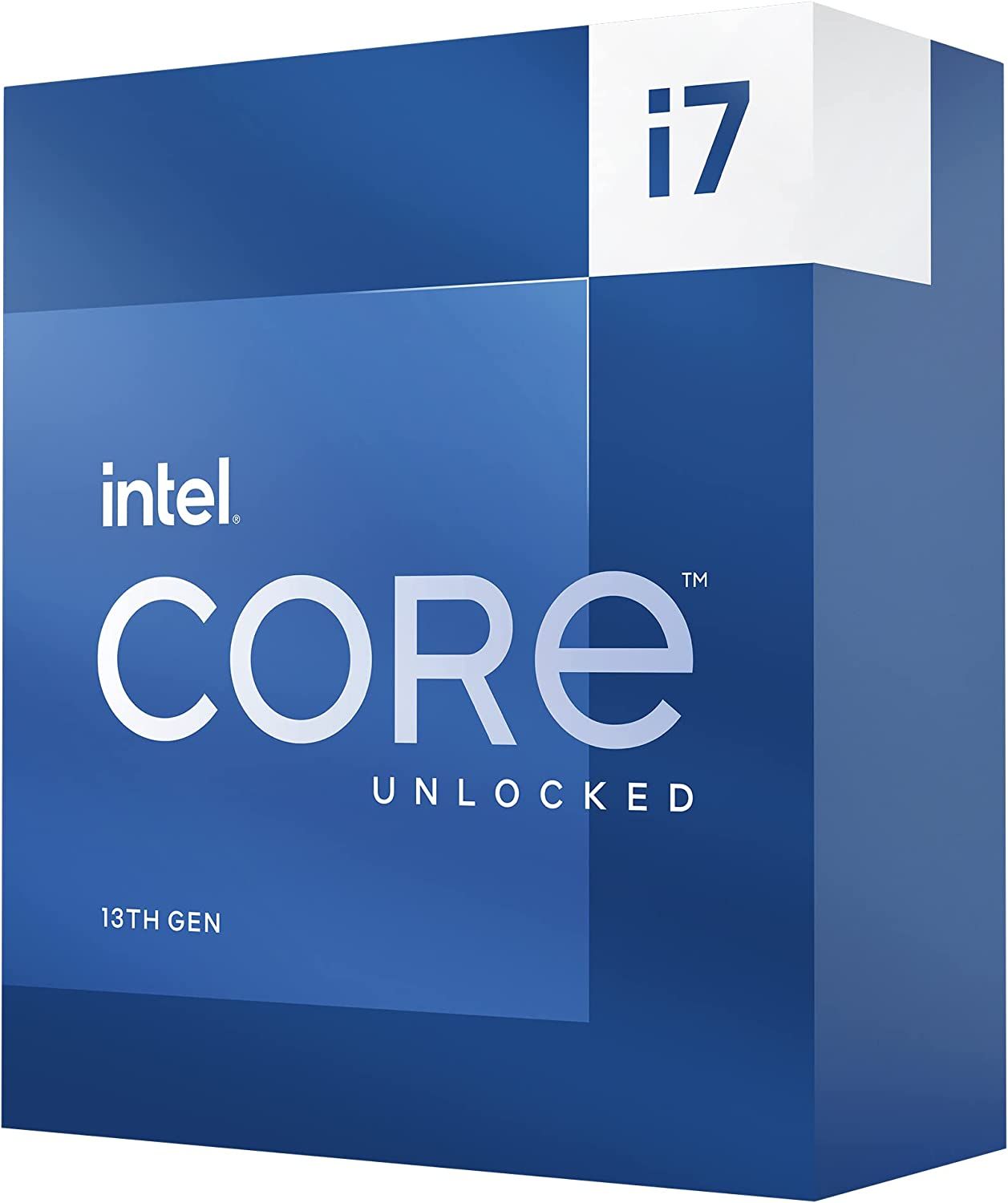
Intel Core i7 13700K vs 12700K - Which CPU Should You Buy?
Intel's 13th Generation Core i7 Processor faces off against its predecessor in a show of value, performance, and efficiency.
Users get 8 Performance cores that actively participate in the most intensive applications, while the 6 Efficient Cores take care of the smaller background operations. Currently sitting at less than $220, the i7 12700KF is the best-selling Intel CPU for the stated reasons. The only disadvantage users may see here is the absence of any integrated GPU. However, the non-F edition costs more and if users are already planning to use a discrete GPU, there is no need to worry. After all, most users tend to go with a discrete GPU solution when they use a mid-range or high-end CPU like the 12700KF.
Crafted with the latest Zen 4 architecture, the Ryzen 5 7600 is the best-selling budget/mid-range CPU for around $200. It's manufactured on the latest TSCM's 5nm process node which helps it achieve better power efficiency without compromising on the performance. Whether users are looking at its gaming or productivity potential, it easily takes down the most formidable CPUs from the latest generation of both AMD and Intel processors. However, it does come at a cost of high heat generation which forces users to use a premium AIO cooling solution. However, this will allow easier overclocking and stable performance for a longer time.
But if overclocking is not the ultimate goal, it will do quite well even with the AMD Wraith Stealth stock cooler that comes in the CPU box. Clocked at a base clock of 3.8GHz, this CPU can easily go past 5.0GHz even without overclocking. This alone results in a 50% higher IPC uplift compared to its predecessor, the Ryzen 5600. Another logical reason to consider it over a Zen 3-based CPU is the path to upgradeability. Unlike the AM4 platform, the AM5 platform is here to stay for several more years, which will eliminate any need of buying a new motherboard for a newer generation processor.
Also, the support for DDR5 memories makes things even better in favor of higher gaming performance. Various tests prove that faster DDR5 memories do result in a noticeable performance uplift. Therefore, even though the Ryzen 7600X doesn't have a lot of cores/threads compared to some other options listed above, it is a purely gaming-focused CPU that also does well in applications like Adobe Photoshop, Premiere Pro, and various rendering programs.
While there aren't many budget Intel CPUs that are selling like hotcakes, the Core i5 12600KF from the 12th gen is a bargain at the moment. Featuring a hybrid architecture similar to the 12700KF, it comes with 6 Performance and 4 Efficient cores, resulting in a total of 16 threads for achieving higher scores in productivity applications. It is around 6-8% faster than its AMD counterpart i.e., the Ryzen 5600X in gaming loads, and crushes the latter in rendering, compression/decompression, compilation, and every other productivity workload.

The Best Gaming Motherboards in 2024
Not all motherboards are created equal. The team at Game ZXC takes a closer look at some of the best gaming motherboards available right now.
Although it can be a costlier investment as overclocking this processor will require a good Z690/Z790 chipset motherboard, superior performance is almost guaranteed in every area. Moreover, users will get to choose between DDR4 and DDR5 memories as it is compatible with both out of the box. The only drawback is its high power consumption, which may or may not be a dealbreaker for everyone.
FAQ
Q: What is the most bought CPU?
Currently, the Ryzen 7 7800X3D is the highest-selling CPU in various retail stores. Ryzen 7 7800X3D provides unparalleled gaming performance through its combination of Zen 4 architecture, higher core/thread count, and big L3 cache memory.
Q: Who sells more processors: Intel or AMD?
As of now, Intel has a share of 61.1% in the market compared to 35.6% by AMD. The share of each manufacturer varies every quarter with AMD now actively gaining a small slice of the pie every year.
Q: What is the highest-performing CPU?
While AMD Ryzen 7 7800X3D remains the king of gaming, the Intel Core i9 14900K is overall the fastest mainstream desktop CPU.


